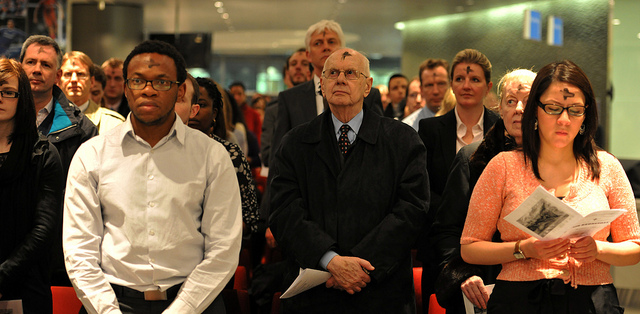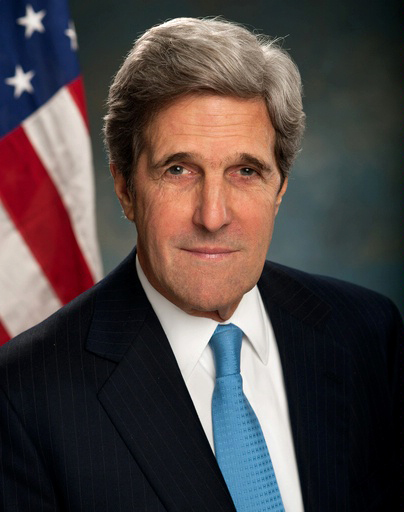Here is a story about a Belgian couple who ‘couldn’t imagine living without each other’ and so asked for euthanasia together (hat tip to Wes Smith):
You heard right, you don’t have to be terminally ill to get it…but why would you? When a culture presumes that one’s choices about one’s own life and body are entirely up the individual, who is the state to get involved and regulate on what basis that individual can make a decision about such a deeply personal matter? Quite logically, many Dutch are now calling for legal euthanasia when they are simply ‘tired of life.’
But when ‘choice’ and ‘freedom’ are concepts simply floating about, untethered to any sense of ‘the good’ or other goal toward which such autonomy is directed, it does not produce liberation. Rather, it simply papers over and even ensconces those deep injustices that already exist in a culture. In the case of euthanasia in the secular West, among other things, this means an uncritical examination of a consumerist and youth-obsessed culture which sees older people as a burden and leading a kind of life that is not worth living.
Nigel Biggar’s book ‘Aiming to Kill’ powerfully argues that any culture which attempts to legalize euthanasia, which also locates their primarily value in untethered autonomy, will be unable to stop a slide down a slippery slope to euthanasia on demand. Sadly, the news is making his argument look pretty good.





There is so much in one’s life time that you “couldn’t imagine happening” or “couldn’t imagine living without.” The very starting point is problematic on many levels. I agree with Charlie’s highlighting the dangers of choice and freedom without a conception of the good or the good life. But I think there is another problem as well,rooted in “could not imagine” being used as motivation in this way. To elevate and absolutize human choice without adjusting for the limited and finite nature of humanity, in my opinion, will actually inhibit and limit one’s choices, not expand them. Just as there is much bad or pain in our lives we “cannot imagine happening” until it does – so too there is much good “we cannot imagine” until we experience it. Innovation, creativity, love all expand based upon pushing the limits of what we can imagine. When we limit our horizons in such a way, combined with the “consumerist and youth-obsessed culture” you name, I fear even more the effects of the dangerous slippery slope.
I would like to see some kind of legal guarantee that those with chronic pain, or those who are suffering from a terminal illness, could always get the medical treatment they need to be as comfortable as possible. It was a long time ago, but my uncle was dying of colon cancer and was literally screaming in agony because the hospital he was in was being overly cautious with painkillers. A doctor was found finally who intervened and authorized whatever was necessary to control his pain. I know it is a very well established Catholic principle that in a case of a terminally ill patient, high doses of painkillers that might otherwise be considered too dangerous are permissible. But as best I recall, he died in a Catholic hospital, and those who were limiting the drugs were doing so out of what they believed to be moral reasons. (There should be no fears over a dying man becoming addicted to morphine.)
I think many medical professionals are wary of treating pain aggressively for various reasons, one being that the government is looking over the shoulders of doctors who prescribe narcotics and other potent drugs to the extent that some feel intimidated. I have read that in places where euthanasia is legal, it is a comfort to those who have a terminal illness to know that if they are suffering too much, their suffering can be cut short.
It would be ironic if the medical profession itself, and the government, in being overcautious with pain medication, were to contribute to the fear of suffering during a terminal illness to the point where people feel the possibility of euthanasia may be their only guarantee of not dying in agony. It would be far preferable for doctors to prescribe adequate doses of painkillers instead of having patients in situations where they want lethal doses.
David,
You raise some excellent points. I teach in a Catholic nursing school at the moment and I am amazed at the number of my students who think that the Church forbids the administration of high doses of pain medicine for those at then end of their life, even when the intention is explicitly the relief of pain and NOT any form of mercy killing. From the Catechism of the Catholic Church:
From the Ethical and Religious Directives for Catholic Health Care Services (4th ed.):
At the same time, I think that the story Charlie has brought to our attention is not about pain management as much as it is about the inability to find meaning in the face of sickness and suffering. Our cultural discourse today assumes that the “good life” (whatever that may be) cannot include physical suffering or the emotional and spiritual suffering that comes from dependency. As much as I think it is the responsibility of Catholic heath care providers to make pain relief available, I also think it is the responsibility of all Christians to challenge what John Paul II called a “culture of death” by drawing the sick and dying into the goods of a Christian life. Again, to quote the Ethical and Religious Directives:
For a very beautiful essay on this, our very own David Cloutier has a great chapter called “The Pressures to Die” in a collection he also helped edit with Stanley Hauerwas called “Growing Old in Christ.”
Hey David…to be honest, in my clinical (and hospice) experiences over the past few years I’ve never seen the issue you raise as a problem. Most physicians and nurses that I’ve encountered are willing to give the amount of pain medication needed to treat the pain. In fact, I think the much larger concern is how far behind places like the Netherlands are falling when it comes to palliative care…because they’ve been able to lean on euthanasia.